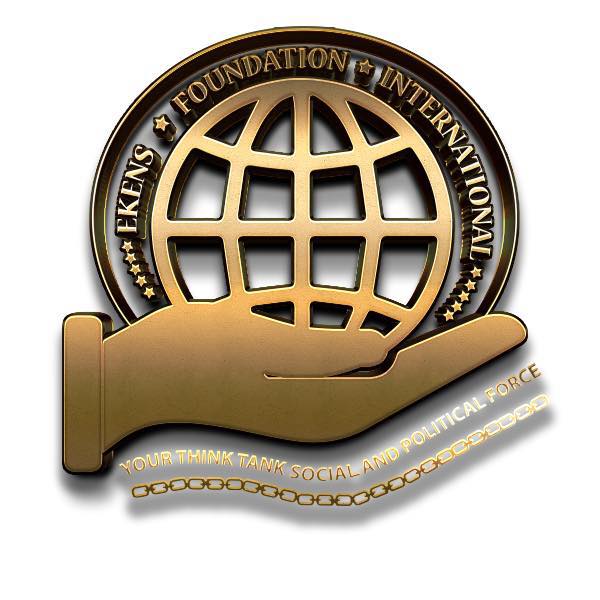info@ekensfoundation.org
Trans asylum-seeker killed after U.S. deportation back to El Salvador
- Home
- Blog • Uncategorized
- Trans asylum-seeker killed after U.S. deportation back to El Salvador

Trans asylum-seeker killed after U.S. deportation back to El Salvador
SAN SALVADOR (Reuters) – A Salvadoran transgender woman who sought asylum in the United States was killed weeks after she was deported, a rights group said on Friday, underscoring the dangers of the Trump administration’s hardening policy on asylum seekers.
Thank you for reading this post, don't forget to subscribe!El Salvador’s ASPIDH Rainbow Trans Association said Camila Diaz Cordova, a 29-year-old sex worker, applied for asylum in the United States in August 2017 to escape death threats and extortion by multi-national gang Barrio 18.
The gang is one of two criminal organizations that control large urban swathes of El Salvador, Guatemala and Honduras.
U.S. immigration authorities have confirmed they deported Diaz Cordova in November 2017. After her return, she went back into sex work in the capital San Salvador, where she was eventually kidnapped and beaten, according to her close friend Virginia Flores. She died in hospital on February 3.
We demand that the authorities investigate, clear up the case and find those responsible, regardless of who they are,” Rainbow Trans director Monica Linares told Reuters.
El Salvador’s security authorities did not respond immediately to a request for comment.
Thousands of Central Americans each year cross Mexico to reach the United States, fleeing violence and poverty, despite high rejection rates in U.S. courts and more recent measures by the Trump administration designed to stop them.
(U.S. authorities) forced her to sign (her deportation letter) and she signed, but she did not know what she signed because it was in English,” Flores told Reuters.
Members of the LGBTQ community have been fleeing high rates of persecution in their home countries.
Three transgender women have been murdered in El Salvador this year, according to rights groups. In 2018, they reported a total of 19 homicides.
In neighboring Honduras, 97 trans women have been killed since 2009, and 303 people murdered for their sexual orientation since 2009, according to Cattrachas, a Honduran-based LGBTQ-rights organization.
First bloodshed linked to Venezuela aid standoff
Those statistics, rights workers and researchers say, likely undercount the number who are murdered or injured as targets of hate crimes in Central America.
Along with Guatemala, El Salvador and Honduras have among the highest national homicide rates in the Americas.
